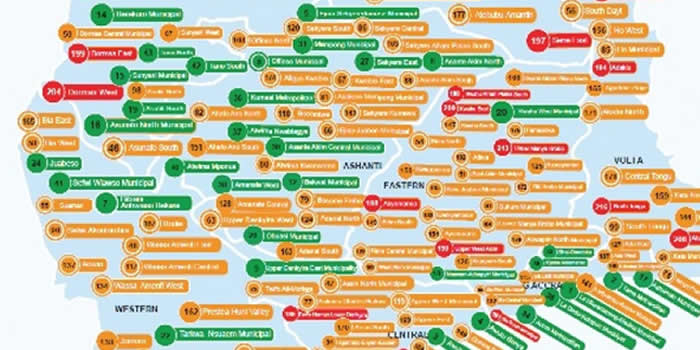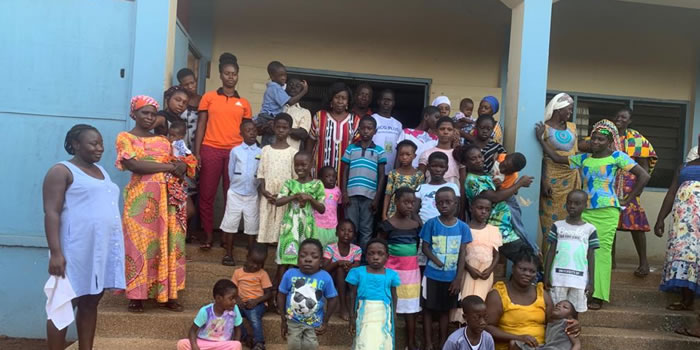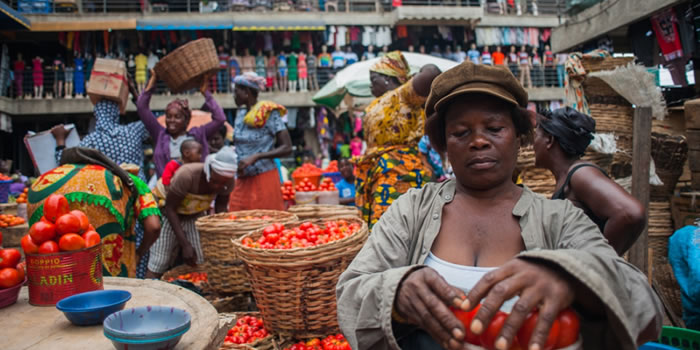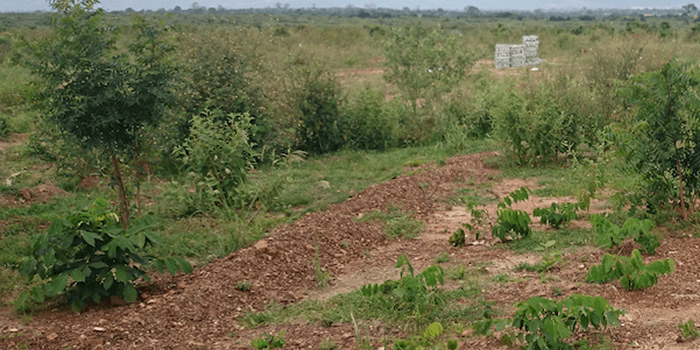

SOCIAL
Asante Akim North Municipal tops 2018 District League Table
The Asante Akim North Municipal, a little-known District in the AshantiRegion has topped the 2018 District League Table (DLT) II Report.

Date Created : 6/19/2019 12:00:00 AM : Story Author : Iddi Yire
The district with the lowest ranking is Asokore Mampong, in the same Ashanti Region.
However, in relation to regional ranking, Greater Accra is at the top, whereas Eastern Region is at the bottom, well below the positions of traditionally poor Regions like Upper East and Upper West.
This is the result of a partnership between UNICEF Ghana, the Centre for Democratic Development (CDD) Ghana, the Centre for Social Policies at the University of Ghana, the Ministry of Local Government and Rural Development, the Office of Head of Local Government Service, as well as Municipal and District Assemblies.
The 2018 DLT, introduced for the first time in 2014, is the fifth in the series and has been used as a social accountability tool that ranked all of Ghana’s districts by their level of social development and service delivery, providing evidence for enhanced decision-making.
Based on consultations with the key ministries and agencies concerned, the DLT II used indicators from seven key sectors; health, education, sanitation, water, child protection, governance and security- to compile a single score for each district.
With regards to this years report, two indicators were added to track progress related to the birth registration rate and net attendance rate at primary level.
In addition, the rural and water coverage rates were combined into one water indicator.
Among the recommendations captured in the report include; supporting dialogue regarding disparities and inequalities at the district level among decision makers and citizens based on DLT tools.
To complete assessment of the current District Assembly Common Fund (DACF) formula to suggest making it more equitable; and also need to conduct further assessment of the district experience in receiving or using the DACF.
The report underscored the need to support citizens participation in budget formulation and monitoring of use (supporting town hall meetings) by providing information/data; and finally, supporting reliable and timely evidence/ data generation and use of data at the district level.
Speaking at the launch of the report, Madam Anne-Claire Dufay, UNICEF Country Representative in Ghana, said the DLT results triggered constructive dialogue on ways to addressinequalities, strengthen systems and social services for the most vulnerable
children and people.
This year as we commemorate the 30th anniversary of the Convention on the rights of the child, we call for action to realize the rights of all children, she added.
Mr Kwasi Adjei- Boateng, Deputy Minister of Local Government and Rural Development, noted that the DTL would help the district assemblies to re-distribute their resources to be able to prioritize their development needs.
He said for instance if a district was not performing well with regards to sanitation, then certainly there was a need to move resources to solve that problem; and this could help the district to be able to influence the level of development.
Mr Adjei-Boateng underscored the need for citizens to hold duty bearers accountable and as well engage themselves in the development process.
Dr Franklin Oduro, Deputy Director, CDD-Ghana, also recounted that the overall aim of the DLT was not to name and shame but rather help to change the mindset of people; to use information/data for policy direction and effective engagement.
He said for instance Tano South used the information from the 2014 DLT to institute mock examinations for their students because they did not perform well, and in subsequent reports it showed their performance had improved.
Dr Oduro therefore, urged the media, Members of Parliament, agencies and metropolitan, municipal and district assemblies to use this report that had been enhanced based on new methodology and indicators; not to shame but to inform policy decisions and effective engagement.










 facebook
facebook
 X
X
 Youtube
Youtube
 instagram
instagram
 +233 593 831 280
+233 593 831 280 0800 430 430
0800 430 430 GPS: GE-231-4383
GPS: GE-231-4383 info@ghanadistricts.com
info@ghanadistricts.com Box GP1044, Accra, Ghana
Box GP1044, Accra, Ghana